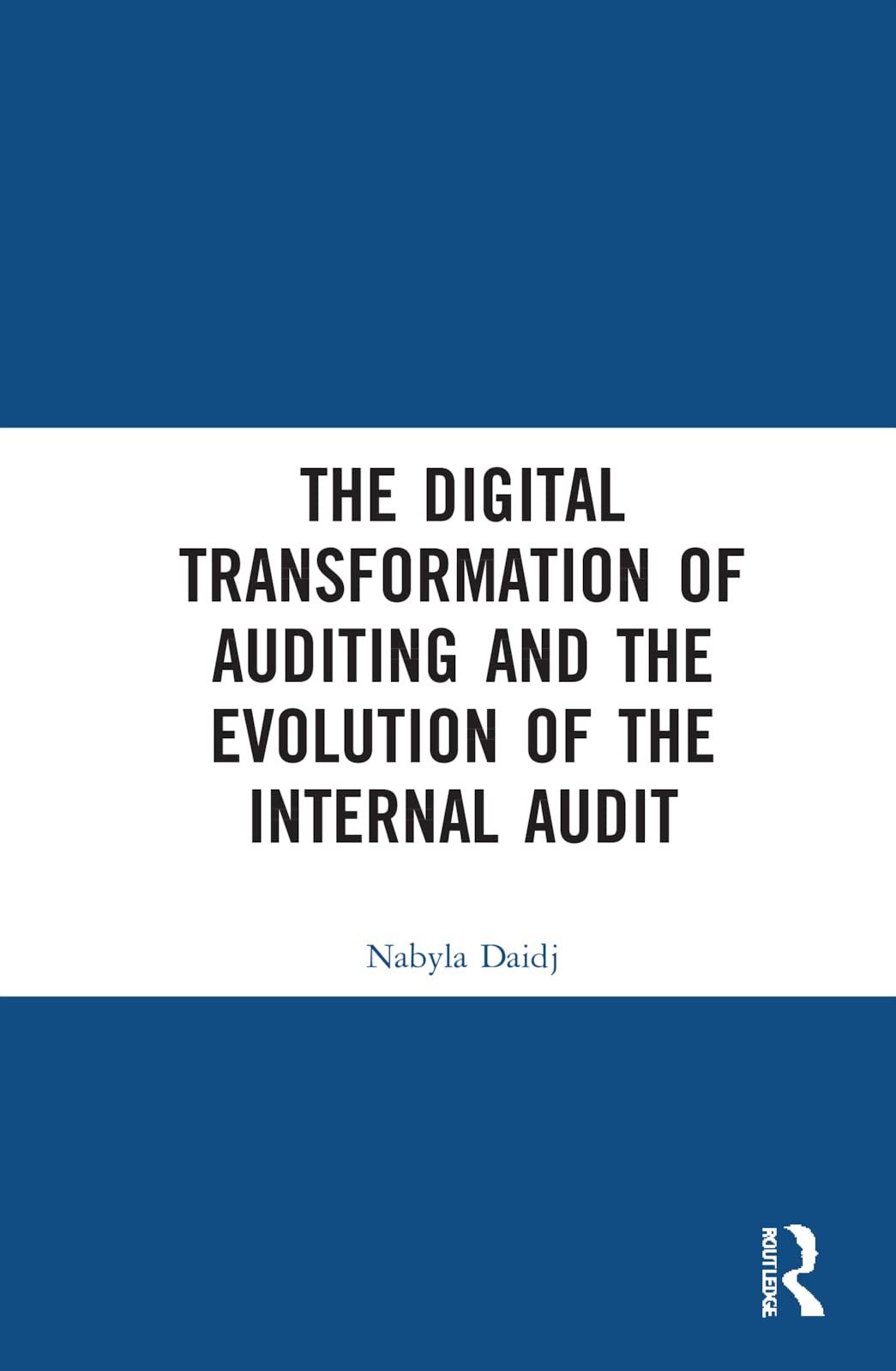Answered step by step
Verified Expert Solution
Question
1 Approved Answer
The first four pictures are homework requirements, and the next seven pictures are data and Excel tables. Please help me to fill in the Excel
The first four pictures are homework requirements, and the next seven pictures are data and Excel tables. Please help me to fill in the Excel and the steps of presentation. Thank you very much!









 undefined
undefined
Step by Step Solution
There are 3 Steps involved in it
Step: 1

Get Instant Access to Expert-Tailored Solutions
See step-by-step solutions with expert insights and AI powered tools for academic success
Step: 2

Step: 3

Ace Your Homework with AI
Get the answers you need in no time with our AI-driven, step-by-step assistance
Get Started


